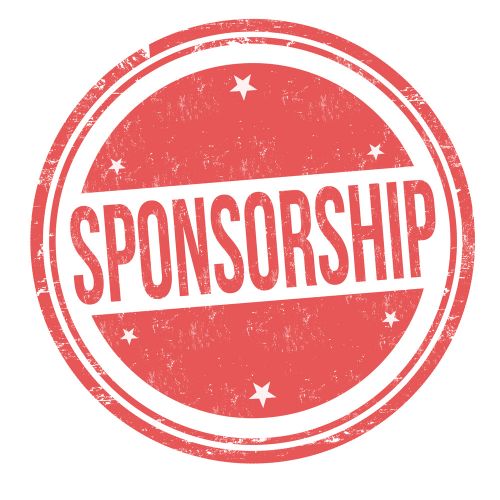If you are in business, there may be many reasons why you would seek to, or even need to, employ a person from overseas, particularly in the globalised economy in which we all now live. This could be for any number of purposes, including:
- For a job requiring specialist skill (for example, technical or language skills) that is not available in the local labour market;
- To fill vacancies for jobs in a designated ‘shortage occupation’. This has been applied to nursing care in recent years in Northern Ireland, and there have been a number of visas granted to overseas nurses;
- To facilitate secondments or transfers from an overseas branch of the same company. US and other foreign companies operating in Northern Ireland will be familiar in particular with seeking overseas staff for this purpose;
- To fill temporary vacancies requiring a pre-existing skill set, or to fill unskilled or low-skilled vacancies due to labour shortages.
After Brexit, the talk is that the UK will move entirely to a points-based system of immigration control. The UK already operates a points-based system for migrants coming to the UK from outside of the EU. This has been in place since 2008. Under this present points-based system, there are five tiers:
Tier 1: Highly-skilled individuals, entrepreneurs and high net-worth individuals
Tier 2: Skilled workers in a shortage occupation who have a job offer
Tier 3: Low skilled workers for temporary labour shortages (although this Tier has never been used because of the strong labour supply from EU/EEA countries)
Tier 4: Students
Tier 5: Youth mobility and temporary workers: people allowed to work in the UK for a limited period of time to satisfy primarily non-economic objectives.
As its name implies, migrant workers are required to score a certain number of points under the system in order to obtain permission to enter, or remain, in the UK and the points criteria differ for each tier.
Post-Brexit, it is likely that the vast majority of EU nationals who wish to come to work in the UK, would fall within Tiers 2-5 of the points-based system. Thus it will be important for any business who might wish to employ such individuals, post-Brexit, to realise that they may require to apply for a licence to employ them, from the UK Home Office, as such employees will likely require sponsorship by the employer.
At present, only employers registered with and licensed by the Home Office are permitted to issue Certificates of Sponsorship (CoS) to a named individual, who must then apply for permission to enter the UK. The employer must have undertaken a strict verification exercise in order to issue a CoS.
Going into the post-Brexit landscape, all businesses who may wish or have need to employ migrant workers from within the EU (or even outside of it, if they are seeking to do so for the first time) would be best advised to seek legal advice from a skilled immigration law adviser, about what licence might be required. Worthingtons can offer such a service to all business clients.
Brian Moss is an Associate in Worthingtons Solicitors, Belfast who specialises in immigration law. For legal advice please telephone 028 9043 4015 or email [email protected]


